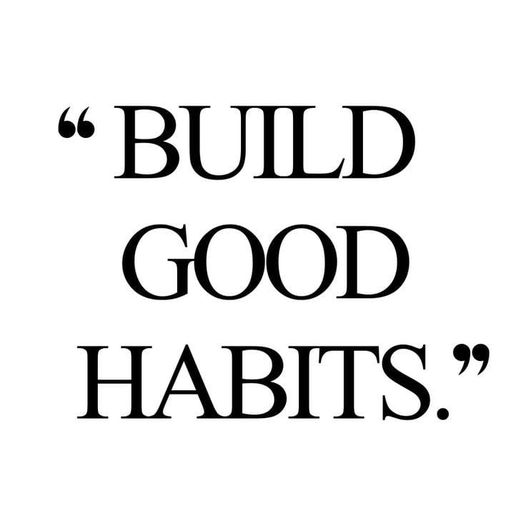
Laughter directly opens a channel to joy. Think about it. Consider the times you’ve laughed intensely, maybe even hysterically. Didn’t you find yourself transported to a feeling of exhilaration? Your cares likely melted away in those deeply humorous moments. You may have experienced a high followed by a “glow’,” a delicious feeling of well-being. You were joyful!
Sadly, much of today’s world is consumed with stress and fear. Instead of living in a consistent happy mood, the tendency is to feel overwhelmed, anxious, and threatened by real or imagined happenings. You might find yourself operating with great intensity and an impending sense of doom. That’s no way to live. You deserve to feel good. By feeling good, you enjoy your life more, and you can better help those around you. Taking a lighter perspective and laughing as often as you can equals good self-care.
When you laugh, you not only create a better mood, but you initiate a healthy cascade throughout your body. Studies show that laughter produces endorphins, increases circulation, and stimulates serotonin uptake. So, when you indulge in laughter, you feel uplifted, and you directly influence your health and mindset!
The human brain is the control center of the body. The average adult brain only comprises 2% of body mass and weighs a mere 3 pounds, but its complexity cannot be emphasized enough.
Keeping your brain healthy enables you to maintain mental agility and enjoy a good quality of life. Without a highly functioning brain, the mind and body suffer tremendously.
The physical structure of the brain can grow and improve throughout your life. This quality of “neuroplasticity” means that the brain can adapt and operate more effectively through specific focus and care. You can directly support the health of your brain by your intentionality and health practices.
Physically, the brain can be nurtured through proper hydration, a balanced diet, exercise and sufficient sleep. A deficit in any of these areas can make a marked difference in how you think, feel and operate. Can you adjust your behavior to obtain better results mentally, emotionally, and physically?
Besides physical nurturance, one of the best strategies for brain health is meditation. When you meditate, you encourage your mind and brain to let go of stress and experience more clarity. You tend to enjoy better memory and a calmer response to whatever is occurring.
Today is the perfect day to make healthier decisions for your brain health!
People tend to be hardest on themselves mentally. The tendency to engage in self-criticism, self-negativity and self-loathing makes it nearly impossible to experience joy. Are you your own worst enemy in how you view yourself?
How you frame your mistakes, missteps, and miscalculations can make a huge difference in your experience. Are your words harsh and your tone intolerant? Be aware of your self-talk, the storylines you tell yourself.
Joyful people have cultivated the habit of self-compassion. They have learned that self-condemnation does little to move them forward. Instead, they are quick to forgive themselves and learn from what has taken place. They don’t waste time and focus on self-recrimination. They don’t indulge in negatives like unworthiness and inadequacy. Rather, they embrace lessons and use those lessons to move forward constructively.
If you haven’t yet been successful in terms of self-compassion, we have some wonderful news: it’s only a pattern and it’s not too late!
Can you take a kinder and more gentle approach with yourself? Can you soften the critical, internal voice? Perhaps, you can be quicker to forgive yourself when you somehow fall short. One strategy we recommend to our clients is to regularly write down and affirm their positive characteristics. Joyful people emphasize what they do well.
By adopting a more compassionate view of yourself, you feel good more often. Own your basic goodness despite your shortcomings, which are a part of your humanity. As you create a self-compassion habit, you’ll experience more joy than ever before!


#Keyspeakers #Executivecoaches #AJCcolumnists #resilience #stressreduction #joy